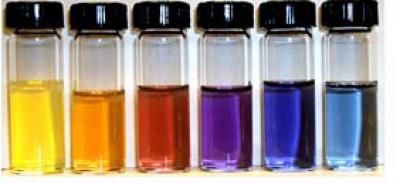Johns Hopkins researchers suppress 'hunger hormone'
New minimally invasive method tested in pigs yields result as good as bariatric surgery
Advertisement
Johns Hopkins scientists report success in significantly suppressing levels of the "hunger hormone" ghrelin in pigs using a minimally invasive means of chemically vaporizing the main vessel carrying blood to the top section, or fundus, of the stomach. An estimated 90 percent of the body's ghrelin originates in the fundus, which can't make the hormone without a good blood supply.
"With gastric artery chemical embolization, called GACE, there's no major surgery," says Aravind Arepally, M.D., clinical director of the Center for Bioengineering Innovation and Design and associate professor of radiology and surgery at the John Hopkins University School of Medicine. "In our study in pigs, this procedure produced an effect similar to bariatric surgery by suppressing ghrelin levels and subsequently lowering appetite."
Reporting on the research in Radiology, Arepally and his team note that for more than a decade, efforts to safely and easily suppress grehlin have met with very limited success. Arepally and colleagues conducted their study over the course of four weeks using 10 healthy, growing pigs; after an overnight fast, the animals were weighed and blood samples were taken to measure baseline ghrelin levels. Pigs were the best option, he says, because of their human-like anatomy and physiology.
Using X-ray for guidance, members of the research team threaded a thin tube up through a large blood vessel near the pigs' groins and then into the gastric arteries supplying blood to the stomachs. There, they administered one-time injections of saline in the left gastric arteries of five control pigs, and in the other five, one-time injections of sodium morrhuate, a chemical that destroys the blood vessels. The team then sampled the pigs' blood for one month to monitor ghrelin values. The levels of the hormone in GACE-treated pigs were suppressed up to 60 percent from baseline.

























































